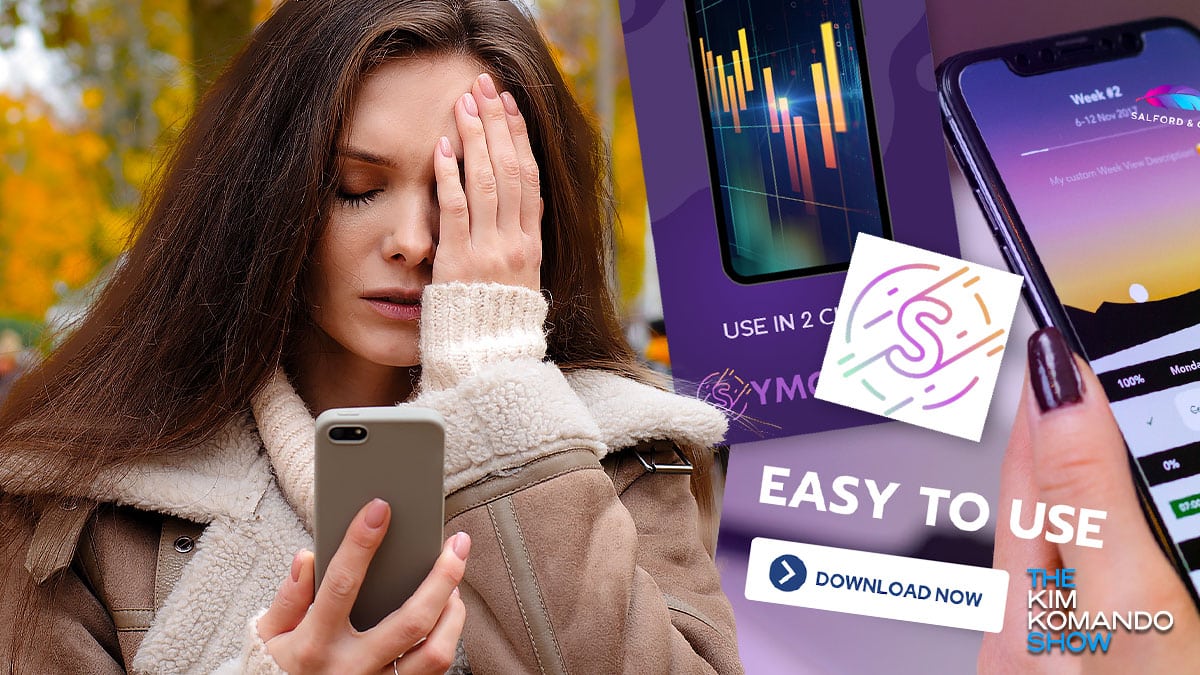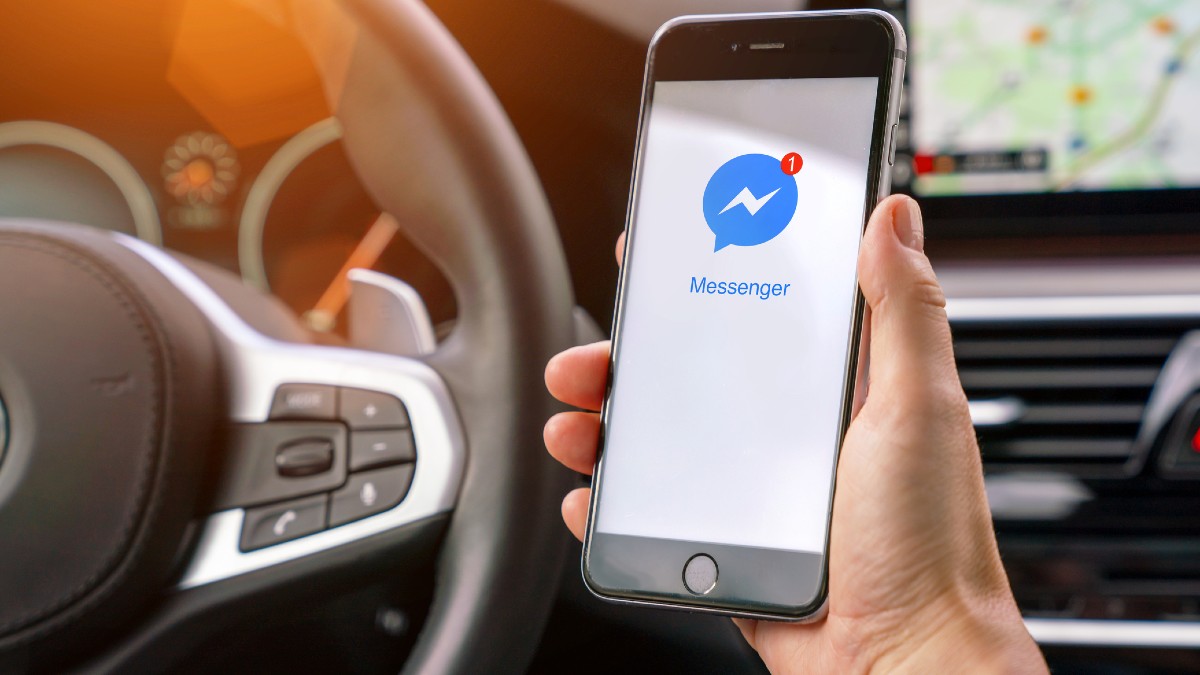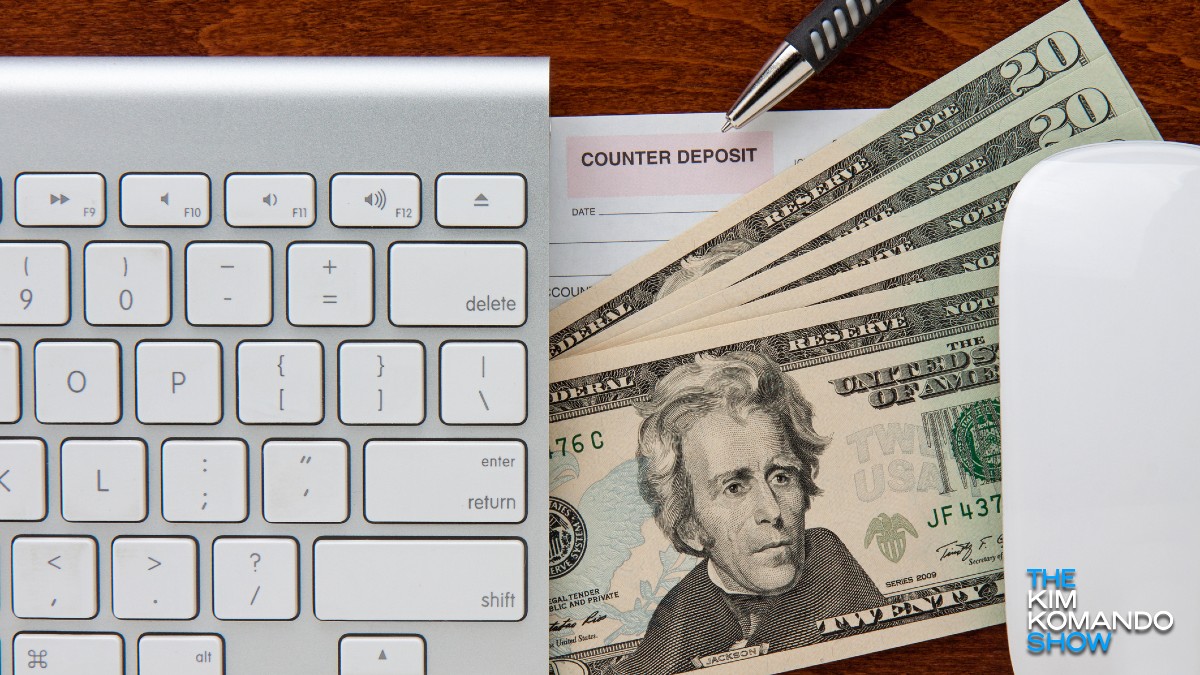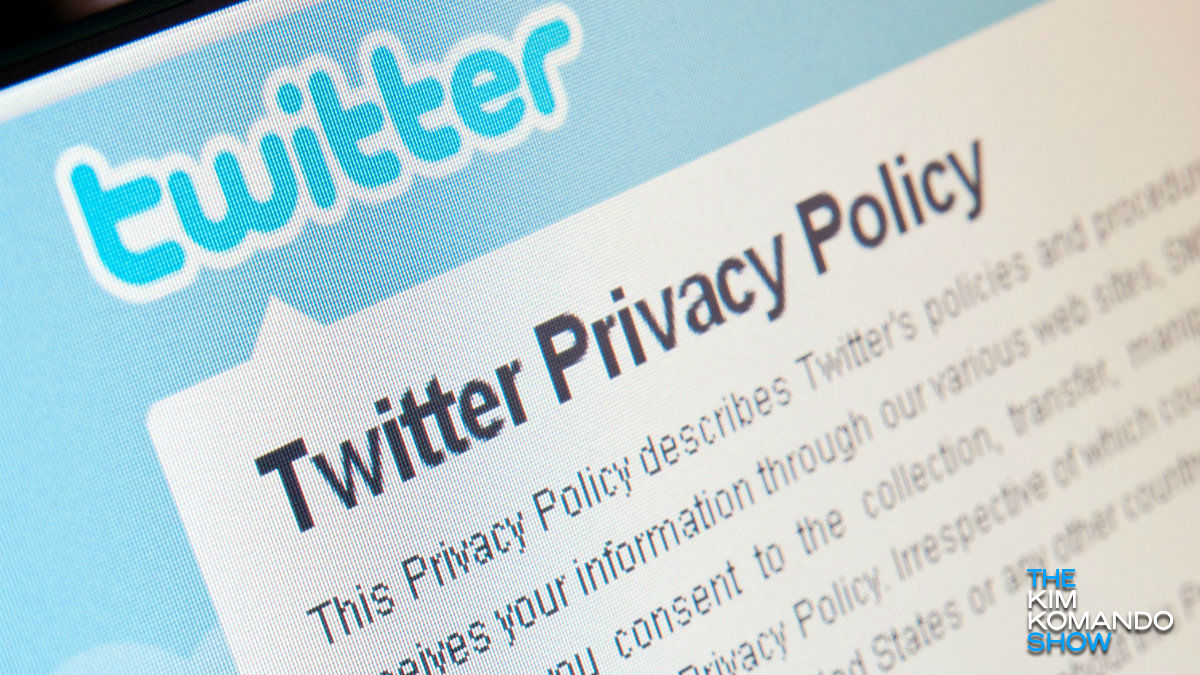Sick of giving out your phone number? Listen to this one-minute podcast for the best way to keep your number private.
Learn more about your ad choices. Visit megaphone.fm/adchoices

People search sites scour public records to get information on you. This includes your full name, address, phone number, family history, police records, relationships, employment information and more. Tap or click here for instructions on removing your information from these invasive sites.
If you or someone else has ever taken a suggestive photo, that could also be floating around the internet. You must be very careful when sharing these.
It can get worse. Depending on where you live, sharing or even storing your most private photos, even with people you trust, can land you in legal trouble.
According to Cornell Law’s Legal Information Institute, obscenity is a category of speech unprotected by the First Amendment.
Here’s what obscenity entails:
Each state has its own laws governing obscene materials. U.S. courts use a three-pronged test, commonly referred to as the Miller test, to determine if a given material is obscene. Obscenity is defined as anything that fits the criteria of the Miller test, which may include visual depictions, spoken words or written text.
Obscenity is one of the most controversial areas of First Amendment law.
RELATED: Simple ways to hide your risque or otherwise personal photos
What you store on your phone or computer should be fine, but things can get murky once you share it with someone else or simply transfer it to another device. Even “sexting,” or sending lewd photos to someone, could get you in trouble.

Spam phone calls have been around for years and come at the most inopportune times, like when you’re sitting down for a family dinner. But they aren’t just annoying telemarketing calls these days. Now we have to worry about scammers trying to rip us off. Tap or click here for ways to silence spam calls without downloading any apps.
Sick of giving out your phone number? Listen to this one-minute podcast for the best way to keep your number private.
Learn more about your ad choices. Visit megaphone.fm/adchoices

Two-factor authentication (2FA)is one of the best methods for keeping your accounts safe from cybercriminals. It’s an added layer of protection beyond passwords that requires another way to prove who you are when logging into online accounts.

When something goes wrong with a service or product you paid for, you contact the company, right? It should be as straightforward as that, but unfortunately, that’s not always the case.
Let’s say you miss your and you want to contact the airline to reschedule. You go online and find the number and call. You hand over your information and rebook a flight. You get to the airport and realize you’re not booked for anything. You called a scammer posing as the airline. This is just one of many ways they can get your personal and financial information. Tap or click here for five flight and airline scams to watch out for.

You know how to delete your browser search history, but what about things (or people) you look up on social media apps? Tap or click here to delete your search history on Facebook, Twitter and Instagram.
You don’t need to share your phone number with Facebook to have a profile, but it might still be there if you created your account in the past. Not long ago, people commonly displayed their contact information in their profiles for all to see.

Your phone doesn’t come with a user manual. Sure, you can find online guides from Apple or Android, but don’t bet on Big Tech telling you the secrets to best protect yourself.
Default settings are often much better for the companies behind them than for you. Tap or click for 10 default iPhone settings that need your attention.

Keeping up with your inbox feels never-ending some days. Between work, your personal life, and all that spam, you might have hundreds of emails to sift through.
Is junk mail getting you down? Do something about it. Spending a little time once will save you from clicking “trash” all day. Tap or click for five simple ways to stop spam.

It’s easy to be drawn into buying the latest and greatest tech. One of my goals is to give you ways to get more out of the tech you already own. Take Amazon Prime.
If you signed up to shop for this year’s Prime Day sales, don’t miss out on all the perks that come with your membership. Here are my favorite hidden Prime benefits.

If you’re lucky enough to hit it off with someone you meet on a dating app, they’ll probably ask for your phone number. It’s a sign that the person you matched with is interested and wants to get to know you by calling or even video chatting. Speaking of which, here are a few ways to look your best in video meetings.
Did you know your phone number can do a lot of damage in the wrong hands? Listen to this one-minute podcast for a few ways to stay safe.
Learn more about your ad choices. Visit megaphone.fm/adchoices

Facebook Messenger lets you send a message to anyone on Facebook, regardless of your friendship status (unless they’ve blocked you). If you are, in fact, friends on the social network, you can also call them or initiate a video chat.

Scams are becoming more brazen the closer we get to the full-blown holiday season. Putting a new twist on an old scam seems the most common method, as thousands of people still get fooled. Tap or click here to see why this Microsoft email isn’t a scam.

Back in the day, Craigslist was the go-to way to sell your old stuff online. We have all heard the stories of when things go wrong. It’s a reason why many local police departments let you conduct transactions in their facilities.

Too many people have your phone number. Beyond the friends and loved ones you knowingly shared it with, how many accounts have you signed up with over the years, and how many times did you put your phone number on a form?

Fun fact: Two of the most popular tips on my website over the years are all about blocking your number and revealing the identity of blocked or strange numbers calling you.
I get the curiosity. It’s not always a robocaller ringing you from a number you don’t recognize. Tap or click here for four ways to find anyone’s cellphone number online.
As long as the internet exists, there will be scams. This is an unfortunate reality. We can only hope to be as vigilant as possible, but even the most careful people out there can fall victim.
A little extra pocket money is always useful, especially during a pandemic. One way to supplement income is to sell your old stuff. This can become quite lucrative if you have the right item and buyer lined up. Tap or click here to see how easy it is to sell old trading cards on eBay.

Tech is supposed to make our lives easier, right? Instead of having to stand in line at the bank, we can just whip out our phones and fire up an app to move money around. That’s all well and good, but what happens when a hacker jumps into the mix?

There’s never been a better time to stay connected with people than right now. Many of the friends you had back in school most likely went their own way after graduation. In the past, you’d probably never hear from them again.

Because of two-factor authentication (2FA), Facebook requires you to register your mobile phone number in your account. So, you can’t just delete your mobile phone number from Facebook. If you don’t want advertisers, trolls and crazy exes who have your phone number to find you on Facebook, you can privatize your phone number with very simple settings.